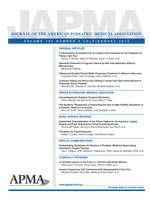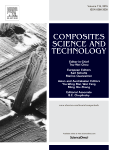
Mario Saad can’t catch a break — yesterday, a Massachusetts judge dismissed his defamation suit against the American Diabetes Association, publisher of Diabetes, which published an expression of concern regarding four of his papers in March.
The researcher has tried — and failed — to use the courts to remove the EoC.
In Saad’s latest attempt to employ legal action against the journal — arguing the EoC was defamatory — the United States District Court of Massachusetts was clear in its ruling (which you can view in its entirety here):
Continue reading Judge dismisses defamation suit against diabetes journal






